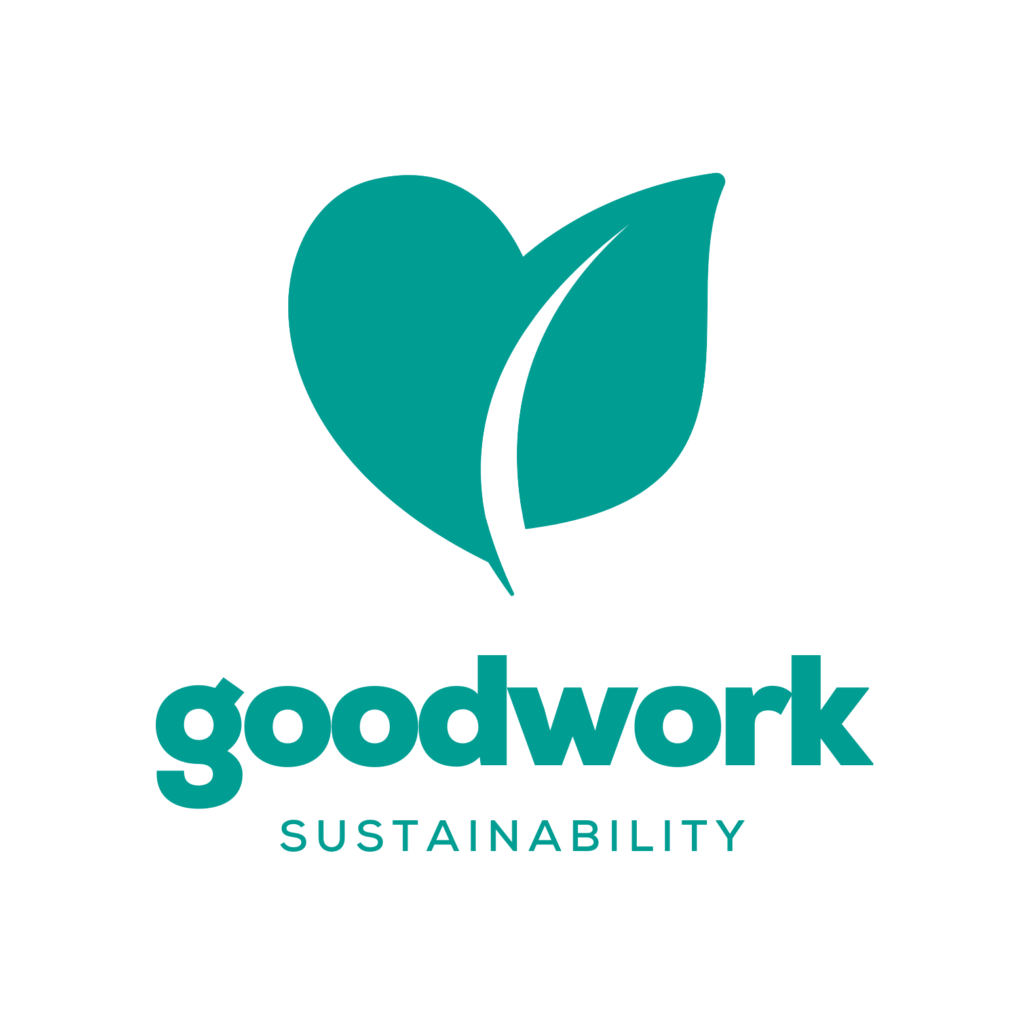The Sustainability Journey
Why sustainable business is good business for Small and Medium-sized Enterprises.
I’m often asked by business owners what it means to be a “sustainable business”. I can understand why. Over the past few years, the term has moved to the forefront of the business vocabulary landscape.
What I share with Small and Medium-sized Enterprises (SMEs) is that being a sustainable business isn’t just about sustainability. Although environmental practices are certainly important, it’s really about understanding short, medium- and long-term materials risks and opportunities and having a strategy to navigate through both planned and unplanned scenarios.
Strategic sustainability practices can significantly enhance business value. Let’s unravel what sustainable business truly means and why it makes good business sense for SMEs to embrace it.
The three P’s of Sustainability: People, Planet, Profit
At its core, a sustainable business operates on principles that not only aim for profitability but also address environmental and social concerns.
This model, often referred to as the triple bottom line, covers the three P’s: People, Planet, and Profit.
The goal is to create a balance where operations benefit the economy, society, and the environment.
A 2015 study by Nielsen revealed that 66% of consumers are willing to pay more for products from sustainable brands, with Millennials – the largest cohort – being the most responsive demographic. This shift in consumer behavior indicates that sustainability is not just a moral choice but a vital business imperative.
Sustainability Adds Business Value
Owners of small and medium-sized businesses often have more cost constraints. In this current inflationary market, SMEs are now more than ever considering the return on investment across their entire value chain.
I encourage clients to just take that first step towards sustainability, and concentrate on breaking down the sustainability journey. While making payroll and paying suppliers is the life blood of a business, making strides towards sustainability will benefit the business usually sooner than expected.
Business benefits of sustainability
-
- Cost Reduction: Implementing energy-efficient practices or reducing waste can lower operating costs in the long run. A 2020 report by McKinsey & Company highlights that companies focused on sustainability often outperform their peers in terms of operational efficiency and financial performance.
-
- Risk Management: Sustainable businesses are better positioned to anticipate and adapt to environmental and regulatory changes, thereby reducing potential risks. While governments across the globe are currently focused on mandating public companies to report on topics such as environmental impact and employee policies, there are increasingly signals that privately owned companies will need to begin sharing their sustainability strategies and impacts. Access to better interest rates as well as ability to bid on projects or be an “approved supplier” are growing reasons why SMEs are recognizing that “now is the time” to identify and adopt sustainable business practices.
-
- Brand Enhancement: As consumers increasingly prefer eco-friendly and socially responsible brands, companies practicing sustainability can strengthen their brand image, attracting both customers and top talent
-
- Innovation and Longevity: Focusing on sustainable solutions often leads to innovation, ensuring the business stays relevant and competitive in a changing market.
The First Steps to Becoming a Sustainable Business
For SMEs looking to transition into sustainable businesses, the journey involves a few critical steps:
-
- Conduct a Sustainability Assessment: Understand your current impact on the environment and society. Identify quick win areas where improvements can be made. You can get started today with our free Goodwork Sustainability Assessment.
- Set Realistic Goals: Implement changes that are feasible for your business size and sector. This could be anything from reducing paper usage to sourcing materials from ethical suppliers.
- Engage Stakeholders: Ensure employees, customers, and suppliers understand your sustainability goals and are involved in the process.
- Monitor Progress: Regularly assess your sustainability initiatives and make adjustment as needed.
Adopting sustainable business practices is not just an ethical choice but a strategic one that enhances business value.
SMEs that focus on the triple bottom line of people, planet, and profit, can not only contribute positively to the world, but also unlock new opportunities for growth and innovation. The shift towards sustainability might require initial investment and effort, but the long-term benefits – both for the business and the broader community – are substantial and enduring.



